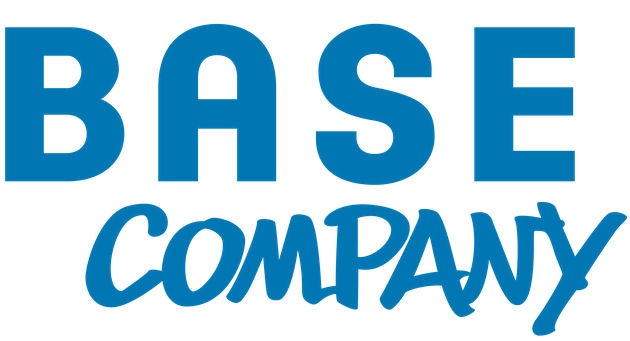Europe decides to investigate Liberty Global acquisition of BASE
The European Commission is continuing its policy of closely scrutinising telecoms M&A activity with the decision to investigate the proposed acquisition of Belgian operator BASE by Liberty Global’s Belgian subsidiary Telenet.
October 6, 2015

The European Commission is continuing its policy of closely scrutinising telecoms M&A activity with the decision to investigate the proposed acquisition of Belgian operator BASE by Liberty Global’s Belgian subsidiary Telenet.
Liberty must have been hoping the fact that cable player Telenet has no physical mobile network of its own – it is an MVNO on the Mobistar network – would have made the acquisition seem less of threat to competition, but that proved forlorn.
Telenet is Belgium’s largest cable player and BASE, which is currently owned by KPN, is the third mobile player of three, with around half the market share of Belgacom and Mobistar. While there is a good argument to be made that Liberty might make BASE more competitive with its larger rivals, the fact that there are only three MNOs in Belgium is probably making the EC extra twitchy about this deal.
“Consumers increasingly depend on reliable and competitive telecoms services to keep in touch and to access information,” said EC competition Commissioner Margrethe Vestager, drawing once more on her generic competition quote. “We want to make sure that consumers in Belgium do not suffer higher prices and less choice as a result of this proposed takeover.”
There are apparently two main concerns around this multiplay move. Firstly the EC is worried about the Belgian retail telephony market, where the two companies currently compete, as it seems to think the combined companies would be disinclined to compete with the other incumbents, for some undisclosed reason.
The second concern is over competition in the MVNO space, with BASE feared to be less likely to offer its services to MVNOs once it’s owned by Liberty. Again it’s not obvious why BASE would be a more reluctant MVNO partner than Belgacom and Mobistar, but there is also some commentary about fixed/mobile service bundling being a concern, which is essentially the strategic point of the move in the first place.
Despite her protestations to the contrary, Vestager seems to be instinctively antagonistic to pretty much all telecoms M&A activity. At the very least this deal will now be delayed while the EC takes its customary sweet time about the investigation and at worst, of course, it could be blocked.
About the Author(s)
You May Also Like








.png?width=300&auto=webp&quality=80&disable=upscale)


_1.jpg?width=300&auto=webp&quality=80&disable=upscale)


.png?width=800&auto=webp&quality=80&disable=upscale)